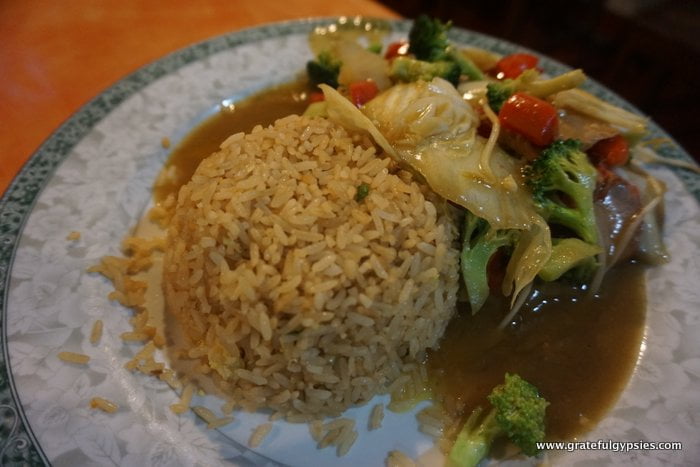A Guide to Interjections in Spanish (Part 1)
Ouch, argh, hmmm, great!… An interjection in any language could be defined as a word that happens almost instinctively during speech to convey a feeling or some kind of reaction before some kind of stimuli.
We can thank interjections for the fact they make much easier for us to express emotions, a way of greeting others, a quick reply, doubt, or even just the act of insulting in our conversations.
As it may include many parts of our verbal communication, interjections partially overlap with a few other linguistic categories, like discourse markers, fillers or just pet expressions.
You may have noticed I haven’t mentioned anything special about interjections in Spanish, and the reason for it is that this kind of words accomplishes the same function as its counterparts in English. What should be emphasized is which words are used in each language to convey the same emotion or non-verbal message.
For example, in order to express amazement or surprise, English speakers tend to say “wow!”, while a Spanish speaker would say “¡huy!”, “¡oh!”, and even “¡guau!”—surely, a calque from English. In other cases, such as “ah!” for clarity, Spanish uses a similar sound and corresponding spelling.
Now, I will be giving you a two-part useful guide to learn the different types of interjections in Spanish, highlighting the type of feeling or non-verbal message you would be communicating.
- Amazement, surprise or excitement
Interjections in Spanish: guau, uy, huy, oh, órale (esp. in Mexico), hala (esp. in Spain)
Example: Guau, llegaste muy rápido a la meta; uy, esa escena fue impresionante
Equivalent in English: Wow, (oh) my God
Example: Wow, you arrived pretty fast to the finish line; my God, that scene left quite an impression
Interjections in Spanish: Ojalá; ojalá que…
Example: ¡Ojalá pases los examenes!; ojalá que viniera mi familia de visita.
Equivalent in English: Let’s hope, I hope, hopefully.
Example: Let’s hope you pass all your tests!; hopefully, my family will come to visit.
Interjections in Spanish: ¡Fiu!; menos mal
Example: ¡Fiu!, ya se terminó la jornada; menos mal que no fuiste a esa fiesta.
Equivalent in English: Phew, whew; thankfully, thank goodness…
Example: Phew, this work day is now over; thank goodness you didn’t go to that party.
- Mistake or difficult situation
Interjections in Spanish: Ups, ay
Example: Ups, esa lesión no se ve bien; ¡ay, me equivoqué en esta línea!
Equivalent in English: Oops, whoops, uh-oh…
Example: Uh-oh, that injury doesn’t look good; oops, I made a mistake on this line!
Interjections in Spanish: (Qué) asco, puaj, puf, guácala, fuchi
Example: ¡Esto se siente pegajoso, puaj!; fuchi, se siente un mal olor en esta habitación
Equivalent in English: Ugh, yuck, ick, eww
Example: Ugh, this feels all sticky!; yuck, there is a funny smell in this room
Interjections in Spanish: Bah
Example: Bah, no me importa lo que hagas…
Equivalent in English: Bah, pshaw, meh
Example: Meh, I don’t care what you end up doing…
So, don’t miss out on the next part of my interjection guide. You will be left stunned!
Posteado en Spanish Articles (Facebook)




